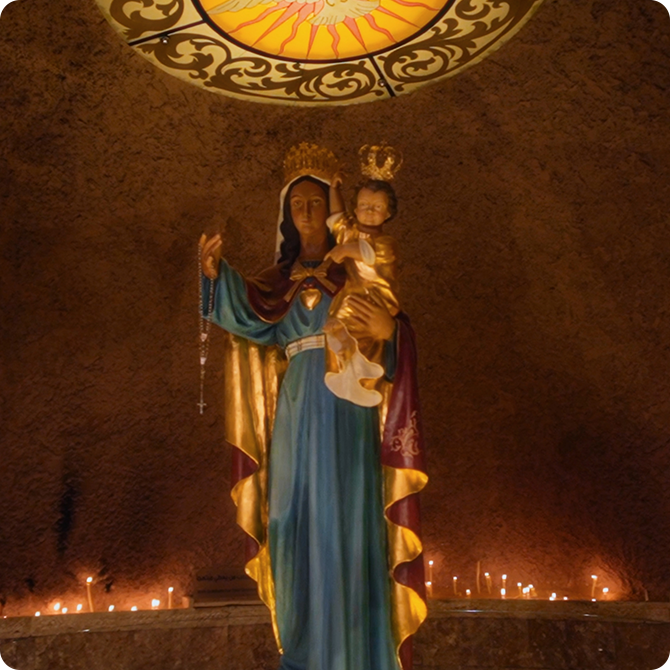
The Islamic-Christian dialogue in Jordan is not a new phenomenon on Jordanian society. It has been based on the rule of dialogue between all citizens, Muslims and Christians, in daily life. In school, university, workplaces, society as a whole. In addition, a number of government and private institutions have emerged that are concerned with dialogue and promoting it in society, and that go hand in hand with the spirit of Jordan's initiatives to the world in this area.


The Islamic-Christian dialogue in Jordan is not a new phenomenon on Jordanian society, regardless of its formulation, namely intellectual encounters, it is an inherent feature of Jordan's traditional social synthetic nature, and a reality that is as old as the Muslim and Christian presence together.
Jordan's intellectual dialogue has emerged at the theoretical and factual level. Dialogue is the way and approach of life and thought in which the other is identified, as believed. Since the coming of Islam to Jordan, to this day, Muslims and Christians have come together. They had friendly, social and practical relationships, adjacent to the dwelling, participated in the occasions, created strong ties between them, got to know each other, and this is the first kind of dialogue.
The intellectual dialogue emerged, both informationally and in time, since its birth in Jordan in 1984, in the first meeting with the Special Committee on Islamic-Christian Relations in Britain, after which meetings between institutions and bodies continued, until more than 20 meetings, confined to intellectuals, jurists, scholars and clergy.
Institutions for dialogue have emerged in Jordan, most notably the Royal Institute for Religious Studies, the Al Bayt Foundation for Islamic Thought, which was known formerly the "Royal Society for Research on Islamic Civilization", the Catholic Centre for Studies and Media, and the Center for Religious Coexistence. Nor can we lose sight of the fact that Monsignor Khaled Akshah, a Jordanian national, currently heads the Office for Dialogue with Islam at the Pontifical Council for Interfaith Dialogue at the Vatican.
To date, Jordan has issued several initiatives for interfaith dialogue, most notoriously: the "Amman Message" in 2004, A Common Word Between Us and You in 2007 (Subsequently, the Permanent Catholic-Islamic Forum was established), and the Week of Global Harmony among Religious Followers adopted by the United Nations General Assembly in 2010, which is celebrated annually in the first week of February. Jordan also hosted several conferences, the most notably "Challenges Facing Christian Arabs" (3-4 September 2013). Thus, all these Jordanian initiatives have one motive which is the quest to promote peace and harmony, brotherhood and love throughout the world.